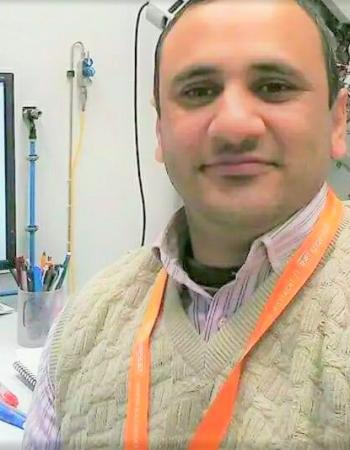Sustainability through Optimal Compositional and Thermomechanical Design for the Al-7XXX Alloys: An ANOVA Case Study
The quest for lightweight, high-performance structural materials for demanding applications such as in the fields of automotive, aerospace, and other high-tech and military industries pushes the boundaries of material science. The present work aims to draw attention to a novel, sustainable manufacturing approach for the development of next-generation 7xxx series aluminum alloys that have higher strength by rejuvenating a sustainable compositional and thermomechanical processing strategy. Our innovative strategy integrates two key synergies: trace hafnium (Hf) addition for microstructural refinement, unique thermomechanical treatment involving cryorolling, and a short annealing method. Experimental results revealed that our base alloy exhibited a 33 µm grain size and impressive initial mechanical properties (334 MPa UTS, 150 HV). Adding 0.6 wt.% Hf and employing 50% cryorolling with short annealing led to a remarkable 10 µm grain size reduction and significant mechanical property leaps. The resulting alloy boasts a 452 MPa UTS and 174 HV, showcasing the synergistic advantageous effect of Hf and cryorolling plus annealing treatment. The developed alloys were compositional- and work hardening-dependent, leading to a rich mix of strengthening mechanisms. Optical and scanning electron microscopy reveal several intermetallic phases within the fcc matrix, wherein the Al3Hf phase plays a key role in strengthening by impeding dislocation movement. In addition to experimental results, a 12-full-factorial design experiment via ANOVA analysis was also utilized to validate the significant influence of Hf and cryorolling on properties with (p-values < 0.05). Among the different parameters, cryorolling plus annealing appeared as the most noteworthy factor, followed by the composition. Using the regression model, the ultimate tensile strength and hardness were predicted to be 626 MPa UTS and 192 HV for an alloy with 0.6 wt.% Hf and 85% cryorolling, which opens a new avenue for ultra-high-strength Al7xxx alloys.

Surgeons face a significant challenge due to the heat generated during drilling, as excessive temperatures at the bone-tool interface can lead to irreversible damage…

The quest for lightweight, high-performance structural materials for demanding applications such as in the fields of automotive, aerospace, and other high-tech and military industries pushes the…

Falling on the ground can cause serious injuries such as bruises, broken bones, head injuries, etc. Annually, 684,000 individuals die globally fromfalling to the ground. There are more than 37…

